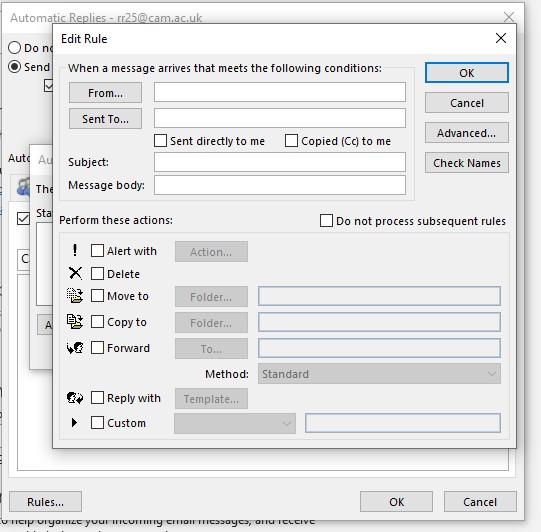
Now, ideally, you’d have these communication channels already as options for your coworkers (and maybe clients) to use if they ever want to get in touch. A business social media account-e.g., LinkedIn-is also a great way to get company news out. A team or company update? Trick question! This should probably be an email message because it’s useful to have a record of this type of news.Need to have a longer chat? A phone call or video call is probably a more efficient use of time for both of you, as opposed to waiting and doing the back-and-forth email dance.Need to get a simple answer from a coworker (like to a yes/no question)? Why not just head over to their desk for a face-to-face answer, make a phone call, send a text message, or use instant chat? This is often the quickest way and is guaranteed to avoid miscommunication:.Here are a few examples of possible email alternatives: Ask yourself: Does it have to be an email?īefore opening that new email window, ask yourself: Is there another form of business correspondence I can use to get this message across (or find this answer)? Thank you for your interest in RingCentral. Remember that all emails are forwardable, so before sending that email, ask yourself if your email has the right tone? Do you want your email to be viewed by everybody-including your supervisor and executives? Or, (and this works for a personal email, too) write an uncensored draft that you never actually send. Emotionally charged emails almost always include an exclamation point-or words, phrases, emoticons, or emojis-that might make you regret things later.īefore you send off that email rant or reply to an email from a coworker that angers you, try cooling off by taking a walk. Refrain from emotionally-charged emailsĪvoid sending emails when you’re feeling any type of negative emotion, like anger, irritation, or frustration. Which one resonates with you the most? Which email etiquette pointers should be added to the list? 1.

RULES IN OUTLOOK NOT WORKING PROPERLY PROFESSIONAL
Are you guilty of adding to your coworkers’ email clutter by sending spam and/or non-work related emails? Are you using the wrong salutations or not including your email signature when addressing someone outside of your organization? Whatever the case, email is a major form of business communications -so if you want your professional emails to be read and regarded with credibility, be sure you are adhering to basic email etiquette.īelow are our top 11 business email etiquette tips.


 0 kommentar(er)
0 kommentar(er)
